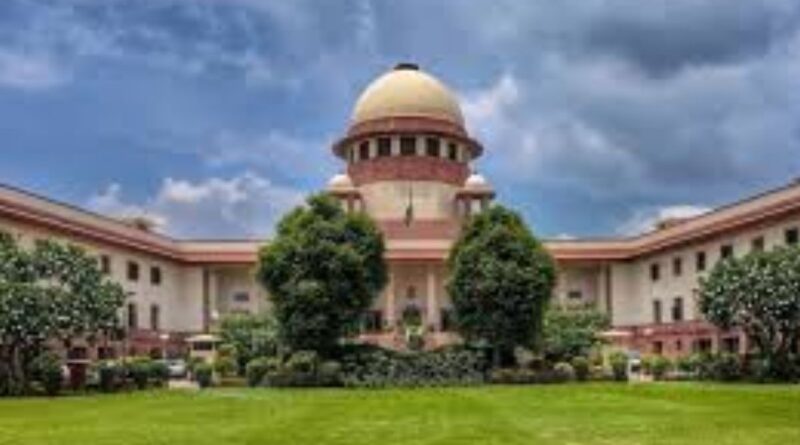Supreme Court: Limitation Period in Drug Offence Cases Begins from Analyst’s Report
The Supreme Court has clarified that the limitation period for offences under the Drugs and Cosmetics Act, 1940—which carry a maximum punishment of three years—starts from the date the Government Analyst’s report is received.
A Bench of Justice Vikram Nath and Justice Sandeep Mehta was hearing appeals against a Kerala High Court order that had upheld proceedings against directors of Indica Laboratories Pvt. Ltd. The case involved Rabeprazole tablets found to be of sub-standard quality when tested in government laboratories in March and April 2010.
The Drug Inspector filed complaints in June and July 2013, more than three years after the reports. The accused argued that this delay made the complaints time-barred under Section 468 CrPC.
Both the Trial Court and High Court dismissed the plea, reasoning that time taken for notice of prosecution and collecting details should be excluded. However, the Supreme Court disagreed.
The Court held that:
- For offences with punishment up to three years, the limitation is three years under Section 468 CrPC.
- This period begins from the date of the Government Analyst’s report, as the offence can only be established once the report confirms sub-standard quality.
- Since the reports were received in March and April 2010, the limitation period expired in 2013. Complaints filed later were legally barred.
The Bench also noted that all details of the manufacturing company were already available in the analyst’s report and forwarded to the company in 2010. Thus, the excuse of requiring more time was unfounded. Importantly, the complainant never sought condonation of delay before filing the case.
Citing the legal maxim “vigilantibus non dormientibus jura subveniunt” (law assists the vigilant, not those who sleep over their rights), the Court allowed the appeal and set aside the Kerala High Court’s order.





